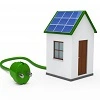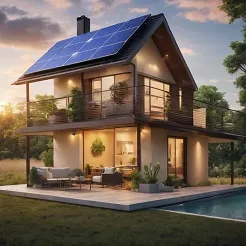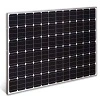Provincial Law
Southern Africa's provincial law regarding back-up power, Solar grid-tie and Off-grid solar systems.
Privincial LAW alternative energy feeds.
Back-up Power
Back-up power and Off-Grid energy solutions consist of many of the same laws, rules and regulations as they do not feed back into the grid.
Because back-up power inverters, Plug & Play or hard-wired units only supply power to specific appliances in the home, office or work-shop and are separated from the mains power supply by use of isolators, these systems do not work directly with mains incoming power.
These systems do require COC compliance, qualified installation as well as certified products to be used in order to make the installation of these types of systems legal and reliable.
There are no specific provincial laws governing these types of installations. However, national laws and regulations, do apply.
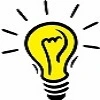
Grid-Tie Inverters & Grid feed
Grid-tie solar systems are the topic of many a heated debate. This mostly because it would be the ideal solar solution. The ability to feed excess energy back into the grid during the day and use of that energy to compensate for loads at night would cut out the need for the most expensive part of your solar investment, The BATTERIES. This way you use ESKOM as the battery bank.
The simple, straight forward truth to this is NO, Eskom will not allow this to be a viable solution as they would be using their resources and not see the profit they require to keep afloat.
Many provinces do offer the option to feed back into the grid during day hours and then use that power at night. This is mostly just a bunch of red tape to keep NERSA and tax payers off of their back. The facts are, Yes, you can feed back into the grid. However, you must remain a net power user (You may not make a profit from this). There are then additional charges for injecting power back as well as the payout per KW/hour is as little as 40c/Kw.
The other sad reality about grid-tied systems in South Africa is that our power is very erratic. By law, the grid-tied inverters must switch off when there is no mains power, leaving you just as in the dark as you would've been.
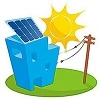
Off-Grid Systems
Off-grid systems are not governed by provincial power laws as they are set not to feed back into the grid.
One can either go completely "Off-Grid" or semi Off-grid. On a completely Off-Grid system, the connection from utility is completely disconnected and the account with the energy provider cancelled, saving on monthly connection costs. Semi Off-Grid systems can keep the utility connection in case of very long outages or smaller battery banks, using grid power to power appliances when/if necessary. These inverters can be set to use solar power as first option, battery to assist or provide power when the solar energy is insufficient or non-existent (such as in the evening) as second option and use utility (Eskom or generator) as third option in case of prolonged rain or in the case of smaller battery banks.
